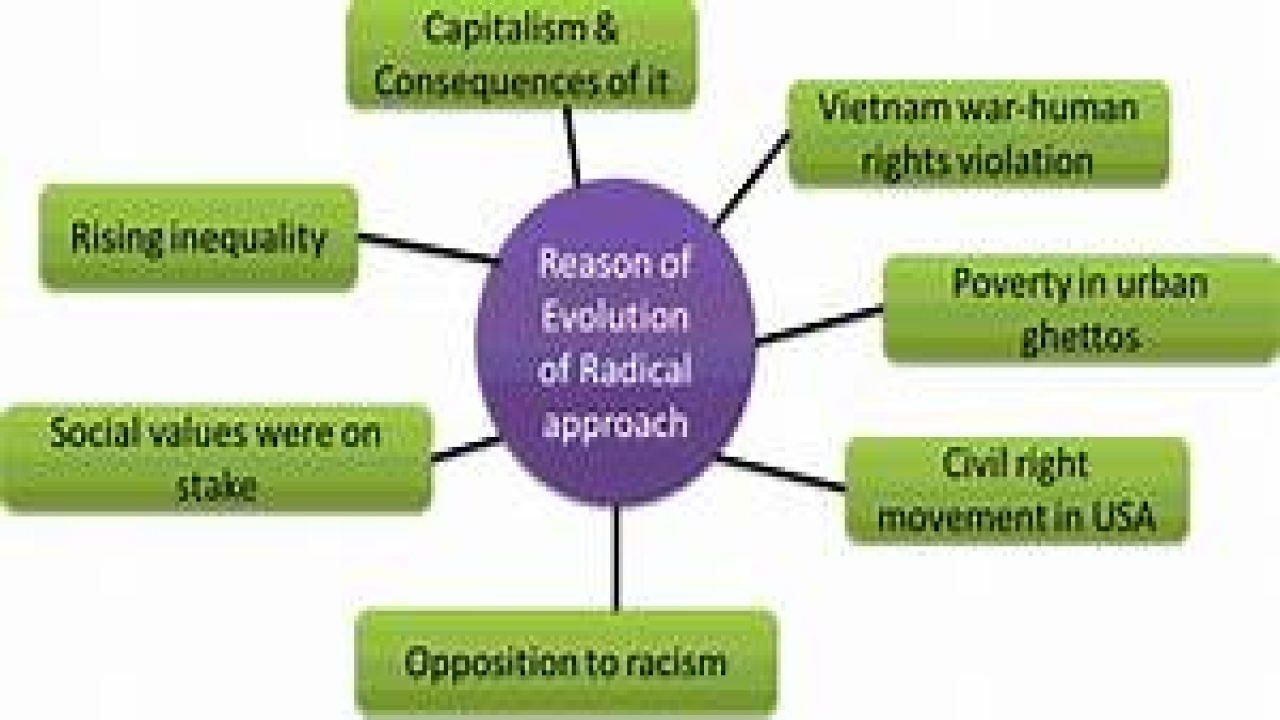Radical, Behavioural, Human, and Welfare Approaches
Geography is a diverse and multifaceted field that has been influenced by a variety of approaches and perspectives. Radical, behavioural, human, and welfare approaches are four significant approaches in geography that have influenced the discipline’s development over time. Understanding these approaches is essential in developing a comprehensive understanding of geography and its role in society.
Meaning and History of Radical, Behavioural, Human, and Welfare Approaches
Radical, behavioural, human, and welfare approaches are four significant approaches in geography that have influenced the discipline’s development over time.
- Radical Approach: The radical approach emerged in the 1960s and 1970s as a response to perceived injustices and inequalities in society. This approach emphasizes the role of power and domination in shaping geographic processes and the importance of social justice and equity.
- Behavioural Approach: The behavioural approach emerged in the 1950s and 1960s as a response to the perceived lack of rigor and scientific methods in geography. This approach emphasizes the use of quantitative methods and the study of human behavior in shaping geographic processes.
- Human Approach: The human approach emerged in the 1970s as a response to the perceived neglect of human factors in geography. This approach emphasizes the importance of understanding the cultural, social, and economic factors that shape geographic processes and the role of human agency in shaping the environment.
- Welfare Approach: The welfare approach emerged in the 1960s as a response to the perceived social and economic problems facing society. This approach emphasizes the role of geography in promoting social welfare and the importance of social and economic justice.
Types of Radical, Behavioural, Human, and Welfare Approaches
- Critical Geopolitics: Critical geopolitics is an example of a radical approach in geography that emphasizes the role of power and domination in shaping geographic processes. This approach highlights the importance of examining how geopolitical narratives and discourses shape social and political structures.
- Behavioral Geography: Behavioral geography is an example of a behavioural approach in geography that emphasizes the use of quantitative methods and the study of human behavior in shaping geographic processes. This approach has been used in the study of human-environment interactions and urban planning.
- Cultural Geography: Cultural geography is an example of a human approach in geography that emphasizes the importance of understanding the cultural, social, and economic factors that shape geographic processes. This approach has been used in the study of cultural landscapes and the geography of tourism.
- Development Geography: Development geography is an example of a welfare approach in geography that emphasizes the role of geography in promoting social welfare and the importance of social and economic justice. This approach has been used in the study of poverty, inequality, and development.
Examples of Radical, Behavioural, Human, and Welfare Approaches
- Critical Geopolitics: An example of critical geopolitics can be seen in the study of border walls and their role in shaping geopolitical discourse. Critical geographers have analyzed how border walls are used to reinforce narratives of nationalism and exclusion.
- Behavioral Geography: An example of behavioral geography can be seen in the study of transportation patterns and their impact on urban development. Behavioral geographers have used quantitative methods to analyze transportation patterns and their impact on urban sprawl and environmental degradation.
- Cultural Geography: An example of cultural geography can be seen in the study of food systems and their relationship to culture and identity. Cultural geographers have analyzed the cultural and social factors that shape food production and consumption, as well as the ways in which food systems reflect broader social and economic structures.
- Development Geography: An example of development geography can be seen in the study of sustainable development and its relationship to poverty reduction. Development geographers have analyzed the impact of development policies on poverty reduction and the importance of promoting sustainable development to address social and economic inequalities.
Issues in Radical, Behavioural, Human, and Welfare Approaches
- Ideological Bias: One issue in radical, behavioural, human, and welfare approaches is the potential for ideological bias. These approaches are often rooted in particular political or social ideologies, which can limit their ability to provide a comprehensive and nuanced understanding of geographic processes.
- Methodological Challenges: Each approach has its own methodological challenges, which can limit its ability to provide meaningful insights into geographic processes. For example, the use of quantitative methods in the behavioural approach can overlook important qualitative perspectives, while the emphasis on human agency in the human approach can overlook structural factors that shape geographic processes.
- Complexity: Geography is a complex and multifaceted discipline, and each approach provides only one perspective on geographic processes. This complexity can make it challenging to develop a comprehensive and nuanced understanding of geographic processes.
Strategies for Effective Radical, Behavioural, Human, and Welfare Approaches
- Multidisciplinary Approaches: Multidisciplinary approaches involve working with experts from a variety of fields to develop more comprehensive and nuanced understandings of geographic processes.
- Critical Reflection: Critical reflection involves reflecting on the values, assumptions, and biases that shape our analysis of geographic processes. By critically reflecting on our own perspectives, we can develop a more nuanced understanding of geographic processes and avoid reproducing existing power imbalances.
- Collaboration and Partnerships: Collaboration and partnerships involve working with other organizations, governments, and businesses to promote effective geographic analysis and decision-making. By collaborating with other stakeholders, geographers can promote more effective solutions to geographic problems and ensure that decision-making is informed by diverse perspectives.


